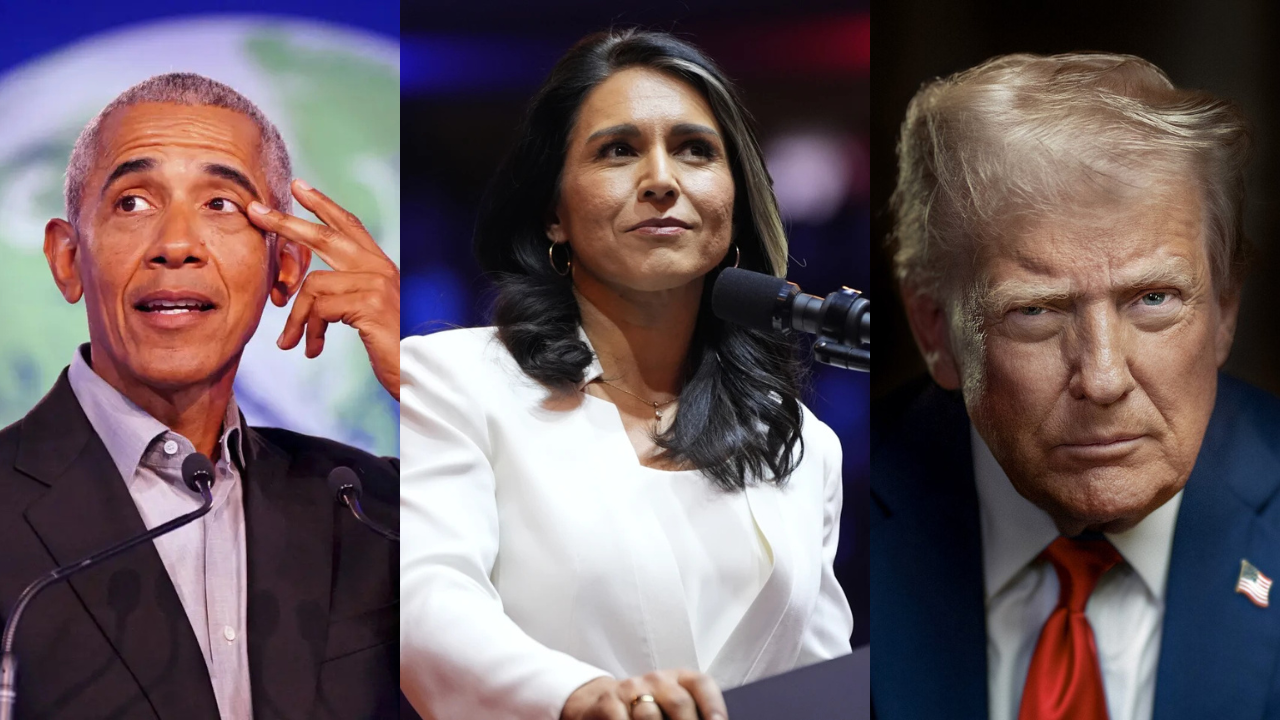‘Obama admin aimed to usurp Trump’: DNI Tulsi Gabbard reopens 2016 election probe; vows to hand over all documents to DOJ

Torrential rains in South Korea and India's erratic monsoons are causing widespread devastation, with rising death tolls, displacement, and growing unpredictability in weather patterns.

All major sources, one page
Feel the mood behind headlines
Know what’s trending, globally
Get summaries. Save time
6,967
105
204
3 hours ago
Stay sharp in 60 seconds. Get concise summaries of today’s biggest stories — markets, tech, sports, and more
All major sources, one page
Feel the mood behind headlines
Know what’s trending, globally
Get summaries. Save time
6,967
105
204
3 hours ago
Stay sharp in 60 seconds. Get concise summaries of today’s biggest stories — markets, tech, sports, and more